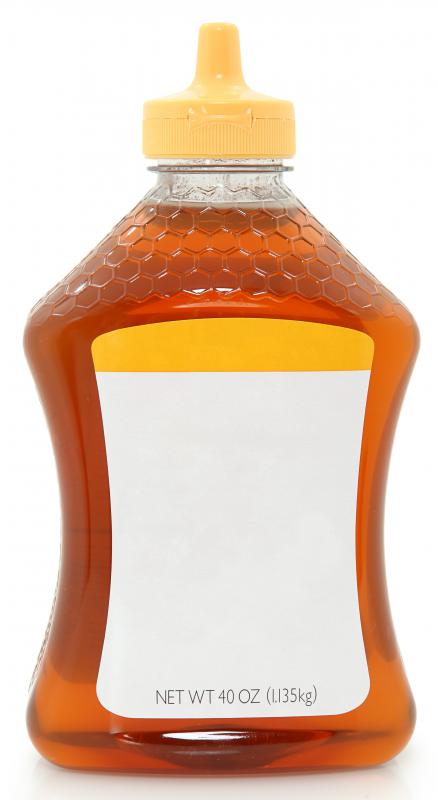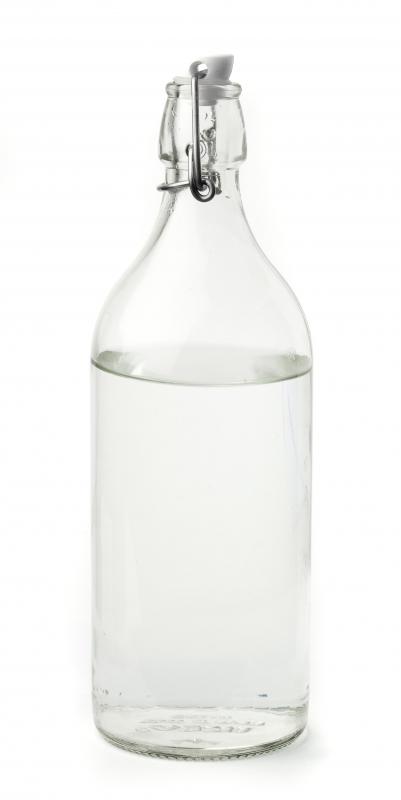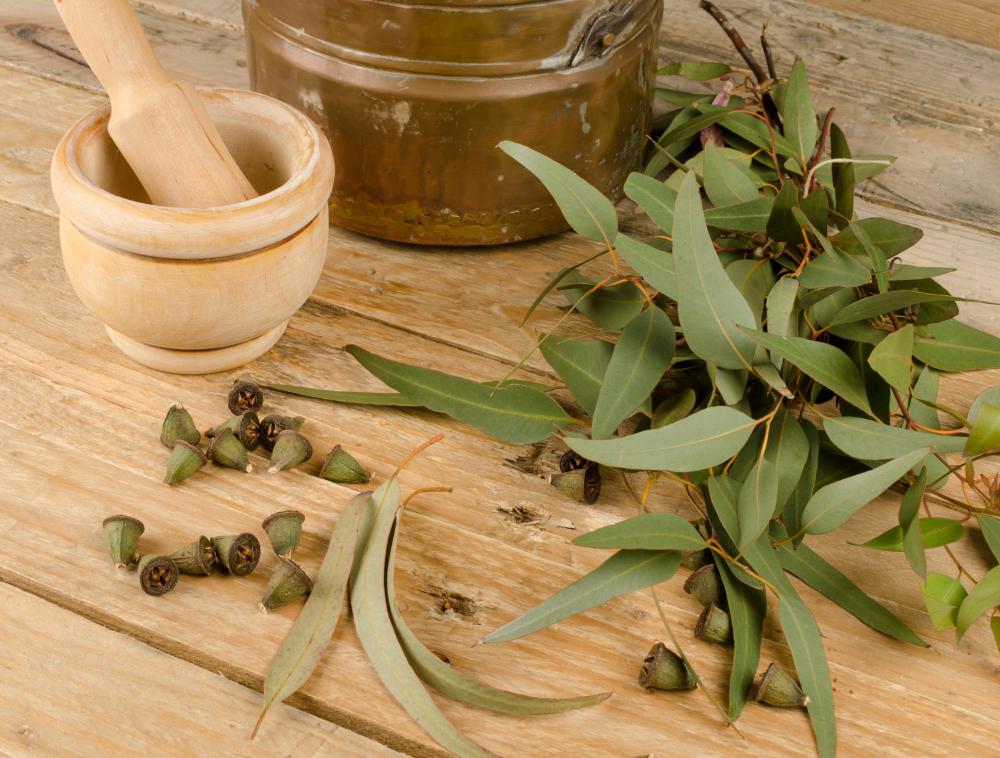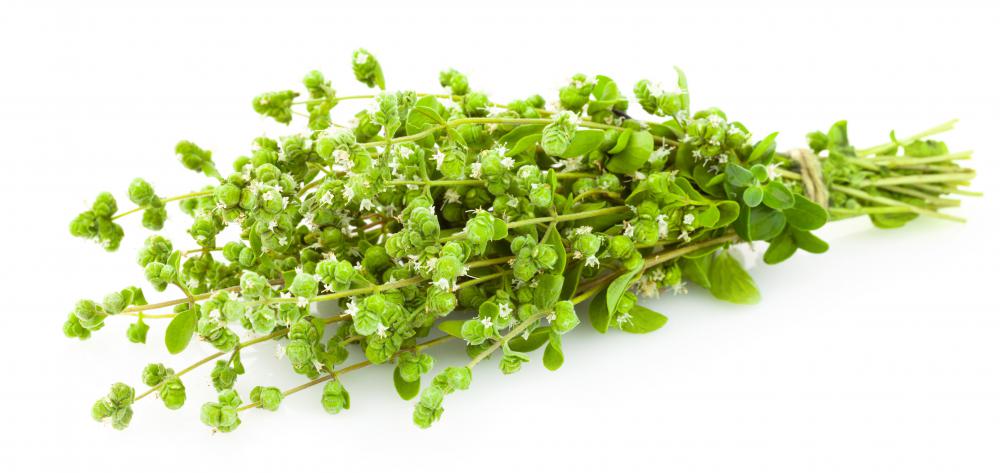At TheHealthBoard, we're committed to delivering accurate, trustworthy information. Our expert-authored content is rigorously fact-checked and sourced from credible authorities. Discover how we uphold the highest standards in providing you with reliable knowledge.
What are Some Natural Antibacterial Products?
There are a number of natural antibacterial products which can be used to fight bacteria without resorting to harsh chemicals and synthetic products. Many natural antibacterials can be used in cleaning solutions around the house, and they can also be added to the laundry, or blended into soaps used to wash the hands and body. Some people also find that ingesting natural antibacterial products can help to fight off infection, although it is a good idea to see a doctor for a suspected bacterial infection to confirm that the bacteria are susceptible to a natural antibacterial product.
Many essential oils are naturally antibacterial, including peppermint, tea tree oil, oregano, lemon, thyme, and eucalyptus. Essential oils are not safe to consume or to apply undiluted to the skin, but they can be added to household cleaning solutions, soap, and loads of laundry. It is important to obtain high grade essential oils, with only a few drops being needed in a cleaning solution. Consumers should also be aware that essential oils do not kill 100% of bacteria, although many are very effective. Tea tree oil also kills fungus, and can be used on mold and mildew in places like the bathroom.

Hydrogen peroxide might not leap to mind when one thinks of natural products, but this chemical actually occurs naturally, and it is very effective at clearing out bacteria. Hydrogen peroxide is also safe for topical use on the skin, and some people use it to clean out wounds or to rinse the mouth to eliminate unwanted bacteria. Hydrogen peroxide can also be used for cleaning and laundry, but it does have a bleaching effect, and consumers should be careful about where they use it.

Some natural antibacterial products which are safe for ingestion include raw honey and yogurt with active cultures. Honey has historically also been applied topically to wounds, where it appears to be effective at killing bacteria and promoting wound healing, although it can be messy. Yogurt can eliminate unwanted bacteria in the mouth, and the live cultures in the yogurt will also contribute to the commensal bacteria population in the gut, promoting healthy digestion. The bacteria in yogurt can also be used to treat yeast infections.

Vinegar is also a useful all-purpose antibacterial product. Vinegar solutions can be used to wipe down a variety of surfaces around the house to remove bacteria and stains, and vinegar can also be used for laundry. In addition to cleaning clothes, vinegar can remove soap scum and buildup, making textiles soft and fluffy after a washing.
When using natural antibacterial products, consumers should be aware that these products are not capable of killing all bacteria, and that excessive use can promote the flourishing of bacteria which will be resistant to antibacterial products. These products should be used in moderation so they remain effective.
AS FEATURED ON:
AS FEATURED ON:


















Discussion Comments
Georgesplane: Thanks for your information about oil of oregano. That is very interesting.
@ GeorgesPlane- Other volatile natural oils will kill many of the same microbes you wrote about. The National Institute of Health report that you speak of also confirmed that nutmeg, thyme, black pepper, geranium, and clove oil kills the same twenty-five pathogens.
You can also use the oils and extracts from other plants as natural antibacterial agents and natural antiseptic cleaners. Burdock root, and plantain leaves are good antiseptics. Neem oil and extract is also a good antiseptic, but is also a potent antimicrobial. You should only use neem oil in topical applications, but neem extract is acceptable for internal use. I always keep neem around, using it for everything from rashes and dirty cuts to sore throats and stomach bugs.
A powerful natural antibiotic is oregano oil. According to the National Institute of Health, researchers have proven that oregano oil will kill 25 different microbial agents, including staph infections, E.Coli, and many other plant and animal pathogens. Oil of oregano is also very effective in killing intestinal parasites.
Those suffering from food poisoning should take oil of oregano to aid in the elimination of the bacteria and viruses causing the sickness. Because oil of oregano eliminates more than bacteria, it is more of an antimicrobial or antibiotic instead of an antibacterial. You can find oil of oregano at your local supplement store, and many health food stores.
Post your comments